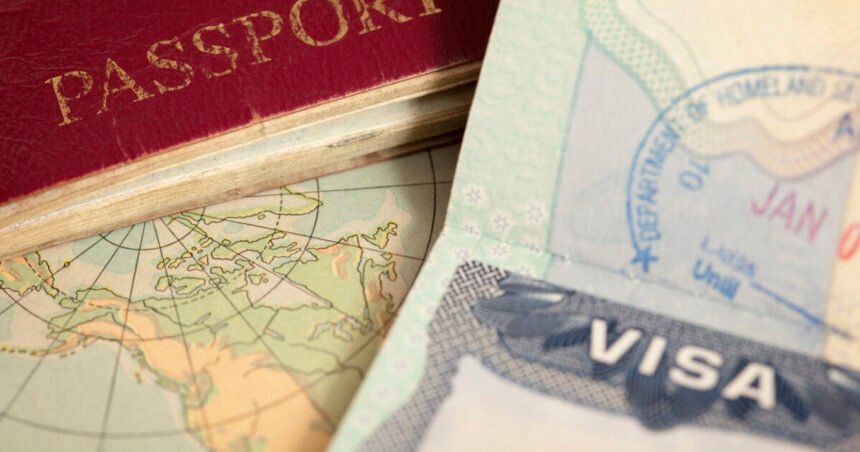This article originally appeared in America’s Quarterly on August 6, 2025.
On July 28, Department of Homeland Security Secretary Kristi Noem announced that the United States is starting the process for Argentina to reenter the Visa Waiver Program (VWP), which allows nationals of 42 countries to travel to the U.S. for business or tourism for up to 90 days without needing to obtain a visa.
Participation in the VWP carries significant economic, cultural, and symbolic benefits. Citizens of member countries can visit the U.S. more easily, which boosts people-to-people ties and allows for greater cultivation of diaspora networks. The ease of travel for business purposes facilitates bilateral commerce, and for the U.S., it is estimated that VWP travelers contribute nearly $231 million to local economies every day. Membership also signals long-term trust and alignment from the U.S. government; indeed, almost every country in the VWP is regarded as a high-income democracy.
In a post stemming from her visit to Argentina in late July, Noem thanked National Security Minister Patricia Bullrich for her “partnership in strengthening our shared security efforts.” Bullrich replied, posting that “Cooperation and shared commitment are the way to face challenges and protect our people.”
Despite these warm words and President Javier Milei’s persistent efforts to cultivate ties with the Trump administration, Argentina’s path to rejoining the VWP will be challenging. To qualify, Argentina will need to navigate political, economic, and security considerations that have blocked almost every other Latin American country from the VWP to date. The outcome of the accession process stands to have important implications not only for Argentina-U.S. relations but also for Milei’s reelection prospects.
Read the full article here.











